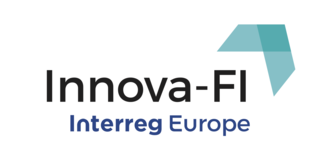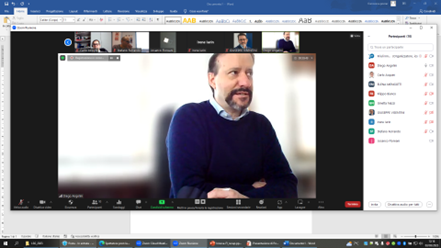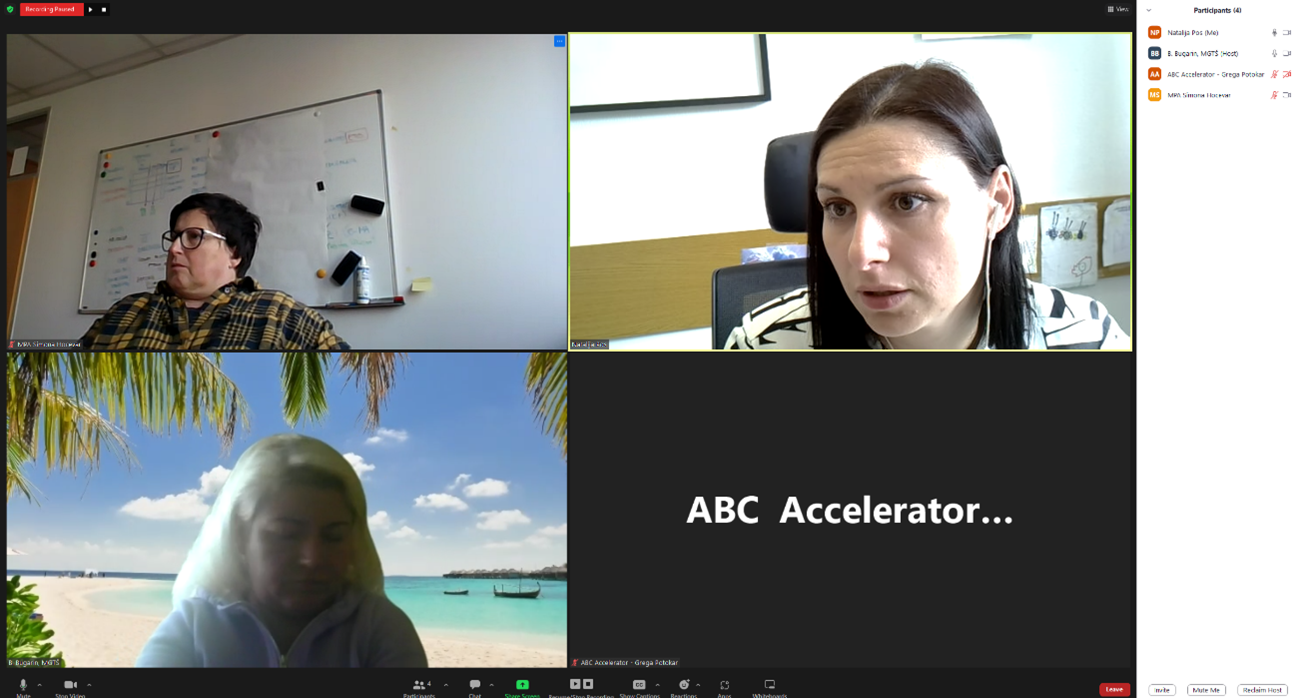Financial instruments are a delivery mechanism for the European Structural and Investment Funds’ (ESIF or ESI Funds) programmes (Programmes) delivered under shared management.
Financial instruments related to small and medium-sized enterprises (SME) financing are often seen as an ‘entry door’ to ESIF-supported financial instruments. At the end of 2018, 24 Member States (MS) have used financial instruments as a type of operation to support SME financing using their Programmes’ budgets. This represents a total amount of EUR 17.1bn; making, until now, SME financing the most popular policy area supported by financial instruments during the 2014-2020 programming period. On average, MS have decided to allocate to financial instruments 23.7% of their Programmes’ budget for SME financing.
At a time of budgetary constraints, of an expected decrease of ESI Funds’ available for many MS, and when also considering the need to ‘do more with less’ during the 2021-2027 programming period, financial instruments will need to play a greater role during this next programming period. In this context, the Directorate-General for Regional and Urban Policy (DG REGIO) of the European Commission (EC) aims to facilitate further the uptake of financial instruments in all policy areas, including SME financing.
Read the entire report of FI-Compass on 'Gap analysis for small and medium-sized enterprises financing in the European Union' here.













